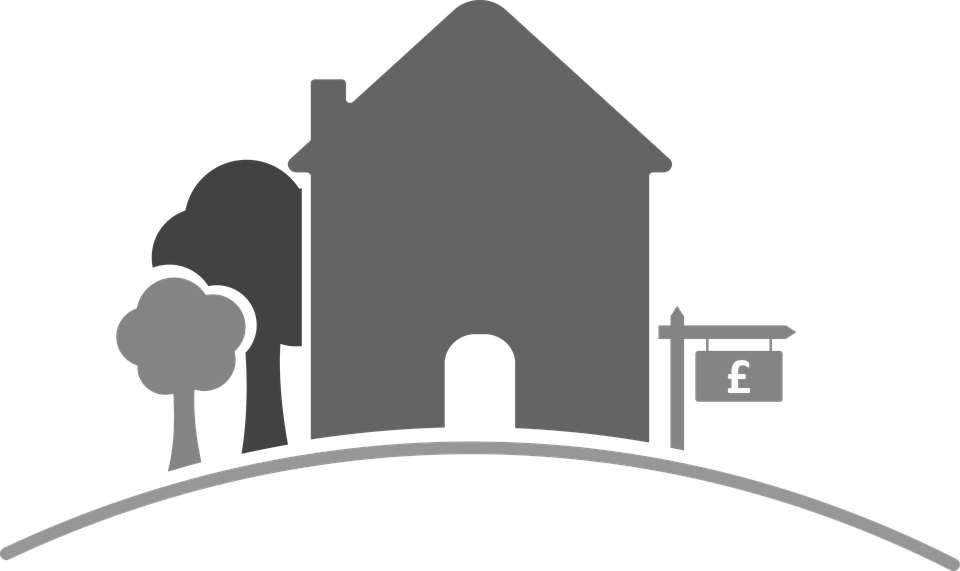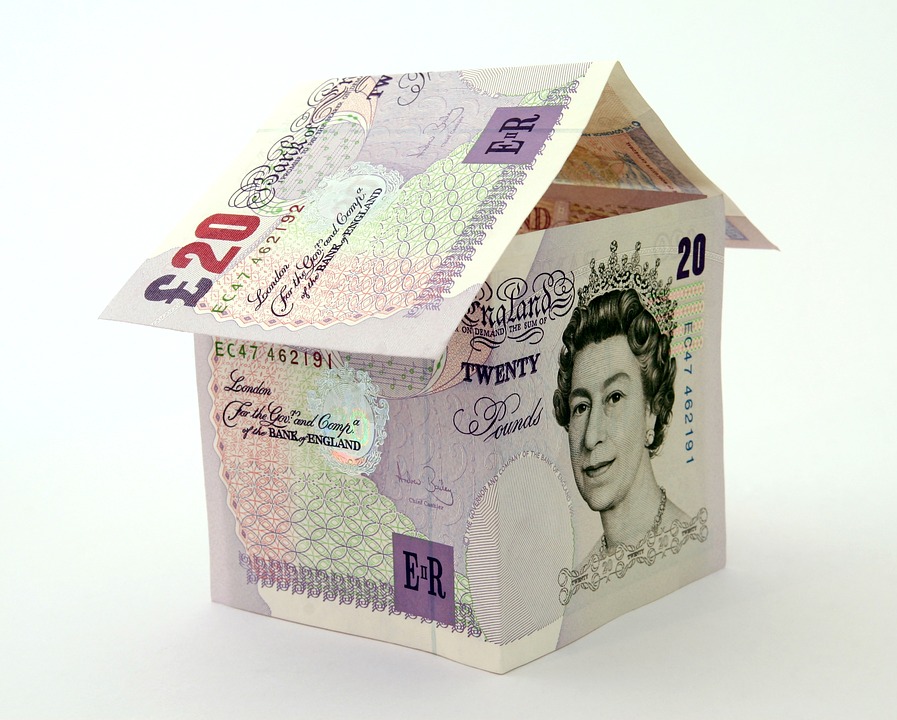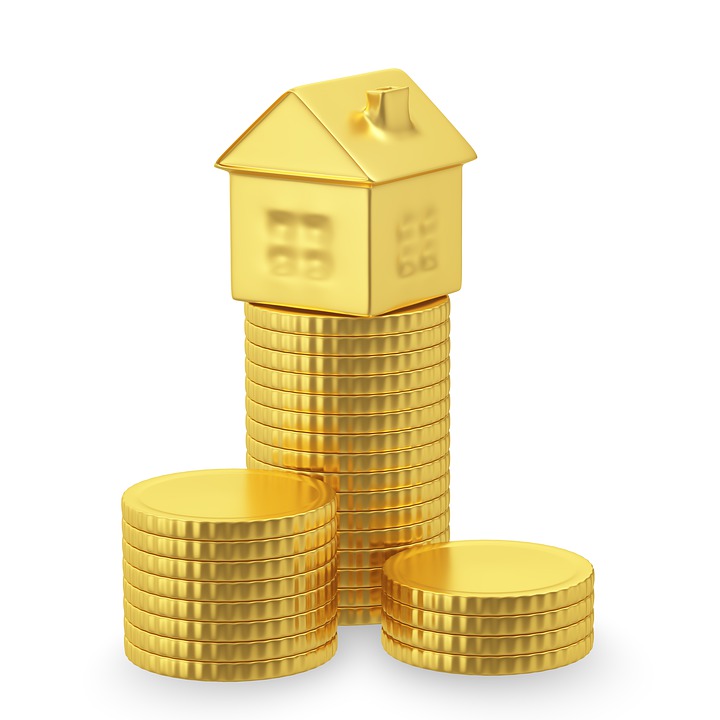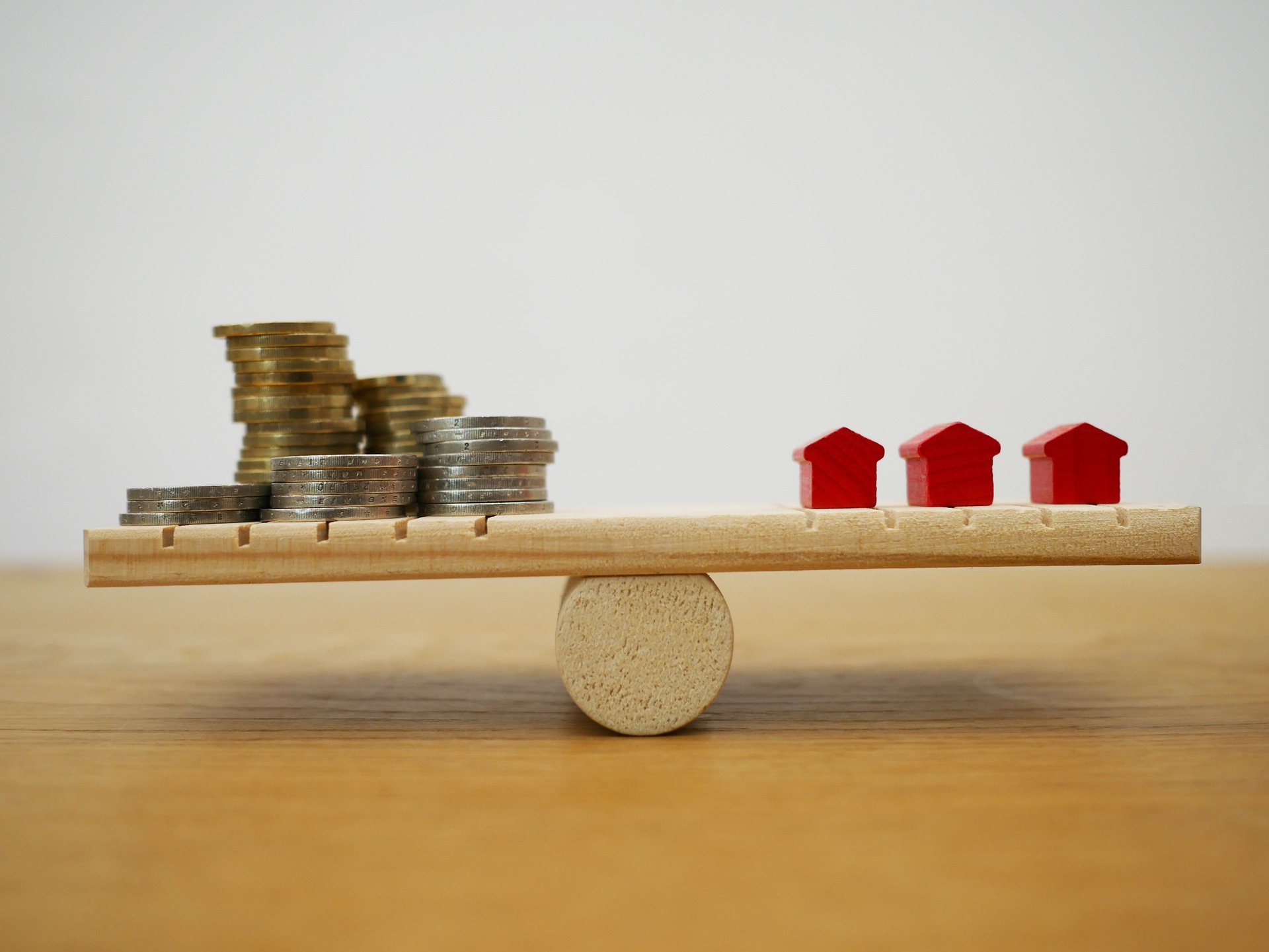UK house prices have seen the highest monthly rises in 16 years, reversing losses recorded in previous months, according to the latest Nationwide House Price Index.
The index, published today (September 2), showed UK house prices rose by 2 per cent in August, after taking account of seasonal factors, marking the highest monthly rise since February 2004 when it was 2.7 per cent.
Annual house price growth consequently “accelerated” to 3.7 per cent in August, from 1.5 per cent the previous month, the lender added.
Average house prices reached an all-time high of £224,123, up from £220,935 in July.
Robert Gardner, chief economist at Nationwide, said: “House prices have now reversed the losses recorded in May and June and are at a new all-time high.
“The bounce back in prices reflects the unexpectedly rapid recovery in housing market activity since the easing of lockdown restrictions.”
He added: “This rebound reflects a number of factors. Pent up demand is coming through, where decisions taken to move before lockdown are progressing. Behavioural shifts may also be boosting activity, as people reassess their housing needs and preferences as a result of life in lockdown.”
To find out more about how we can assist you with your Mortgage requirements, please click here to get in touch
Nationwide’s House Price Index for May and June showed prices fell 1.7 per cent and 1.4 per cent respectively month-on-month, after taking account of seasonal factors.
Commenting on the latest figures, Chris Sykes, mortgage consultant at Private Finance, said: “This latest data shows that strong activity levels in the housing market are continuing to put upward pressure on property prices.
“Price rises in August may be in part the result of residual pent up demand still being released following the reopening of the housing market and the higher stamp duty threshold incentivising buyers and buy-to-let investors to push ahead with purchases.
“This has created a unique set of circumstances making it appear as if it is business as usual.”
While Mr Gardner said the trends looked “set to continue in the near term”, boosted further by the stamp duty holiday, he warned: “[Most] forecasters expect labour market conditions to weaken significantly in the quarters ahead as a result of the aftereffects of the pandemic and as government support schemes wind down.
“If this comes to pass, it would likely dampen housing activity once again in the quarters ahead.”
Likewise, Private Finance’s, Mr Sykes said: “[This] buoyancy may not last for long. Severe uncertainty over the strength of the UK’s economic recovery is persisting, while concerns about the reintroduction of a nationwide lockdown are mounting due to an uptick in infections. This could cause the market to readjust to reflect the new economic reality.”
He added: “Lenders are beginning to hedge against high uncertainty levels in the UK economy by reducing their exposure to riskier borrowers”.
By Chloe Cheung
Source: FT Adviser






